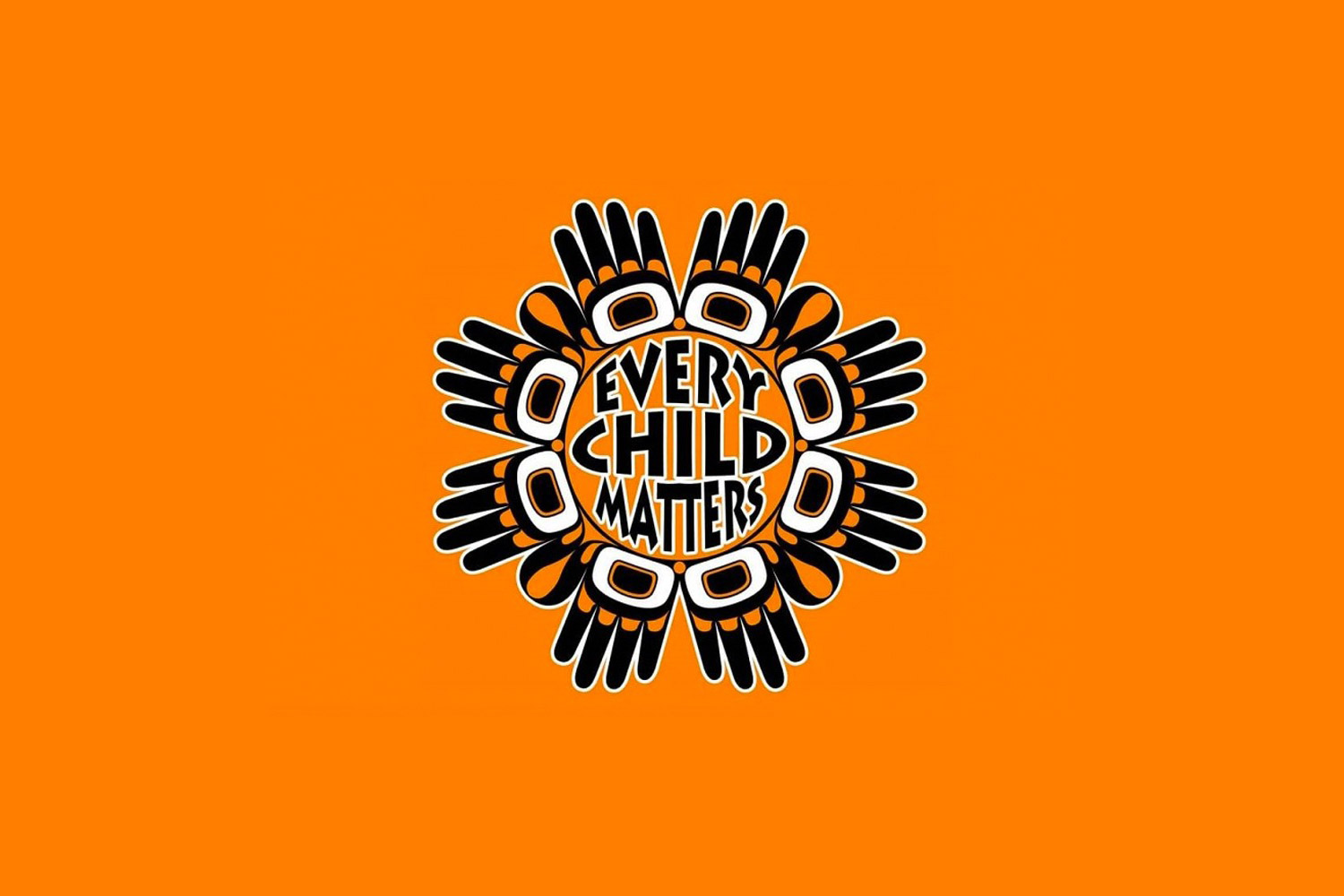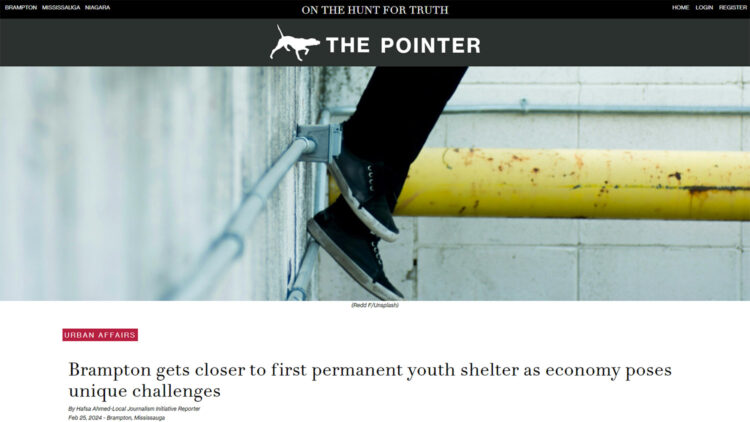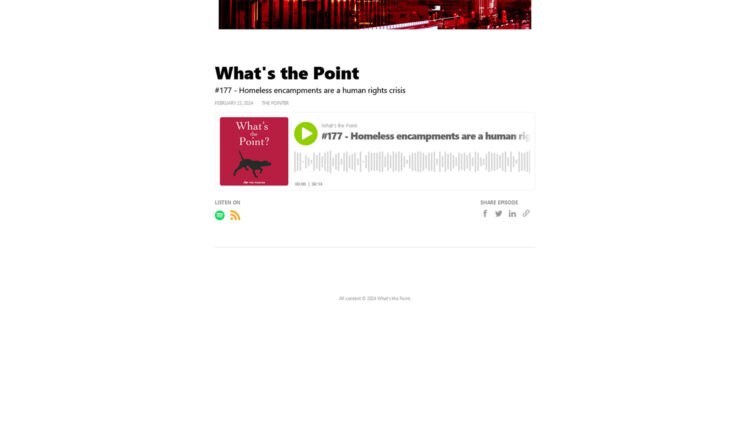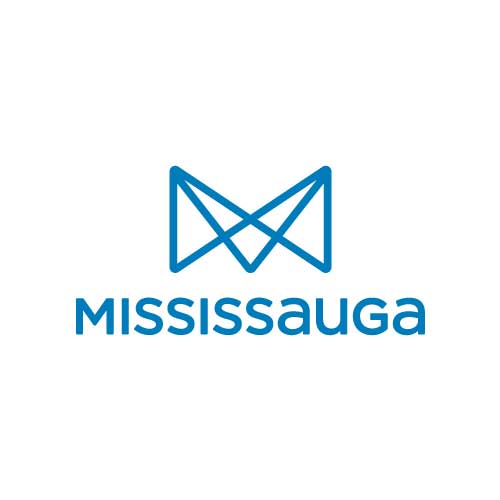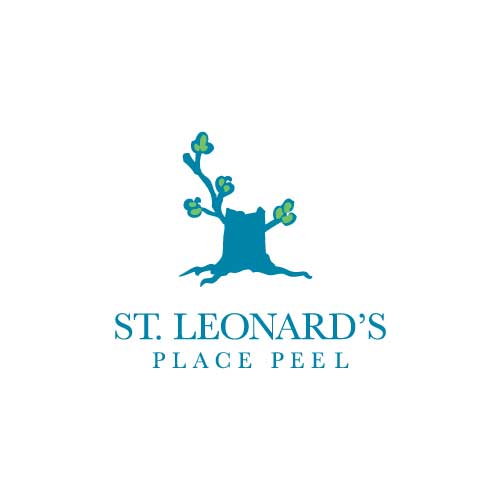Our hearts – like many hearts across Canada (and around the world) – are heavy after the discovery of the remains of 215 children at the site of a former residential school on the Tk’emlups te Secwépemc First Nation in Kamloops, B.C.
We are sending our love to our Indigenous Peoples and communities in Canada.
The trauma and impact of residential schools on Indigenous Peoples and Indigenous communities is constant and pervasive. Non-Indigenous people may move on from this news and the emotions it has evoked, but Indigenous People and communities live with the intergenerational trauma and realities caused by the residential school system and the many other ways Indigenous people, cultures and ways of being have been (and continue to be) systematically targeted and destroyed.
Residential schools are one of many tangible examples of the effects of the colonial legacy and systemic racism that Indigenous Peoples have experienced – and continue to experience. This discovery (and what it tells us about our history, colonialism and systemic racism in Canada) lights a huge fire under Canadians to demand real change for Indigenous Peoples in this country.
If you don’t know much about the real history of Canada – pre and post colonization – make it your mission to learn.
If you don’t know much about the impact of that history and the current realities of our Indigenous Peoples in Canada – on and off reserves – make it a priority to find out.
The continued manifestation of white supremacy and systemic racism as related to Indigenous People includes, for example:
- The Indian Act
- Substandard housing
- Lack of clean drinking water
- Lack of sufficient educational funding
- Lack of representation in positions of power (government and otherwise)
- Lack of representation/accurate representation in media
- Lack of acknowledgment of unceded Indigenous territories
- The disregard for Indigenous Communities when it comes to the use of land (pipelines, mining, drilling, deforestation, etc)
- Lack of school curriculum around Residential Schools
- Indigenous homelessness
You can read more here:
- Canada: 150 years of…?
- Awareness about Indigenous Realities
- More than what you know – Reconciliation is a Verb, part 4
- Stretch Yourself – Reconciliation part 5
- Indigenous Homelessness
The many emotions we are feeling about this latest discovery and what it adds to the larger context of Canada’s history and relationship with the Indigenous Peoples (who were here long before Canada was named) are all important. However, we hope they will be a galvanizing force for real change.
Change starts with awareness. Here’s how you can make that change:
- Educate yourself about accurate Canadian history when it comes to the treatment of Indigenous People.
- Learn about Indigenous cultures, so you have a better appreciation for the impactof this history
- Incorporate land/territory acknowledgements into meetings and events. Territory acknowledgement is a way that people insert an awareness of Indigenous presence and land rights in everyday life. This is often done at the beginning of ceremonies, lectures, or any public event. It can be a subtle way to recognize the history of colonialism and a need for change in settler colonial societies.
- Educate yourself about the realities that Indigenous People and Communities face today – such as lack of clean drinking water, substandard housing, homelessness, lack of educational funding – all issues that are under Federal Government control. (see links above)
- Read the Truth and Reconciliationreport and the calls to action.
- Embark on a journey of participation in reconciliation (for example: 150 ways)
- Learn about the United Nations Declaration on the Rights of Indigenous Peoples
- Share what you are learning with your family and friends
And then find meaningful ways to put your awareness into action.
